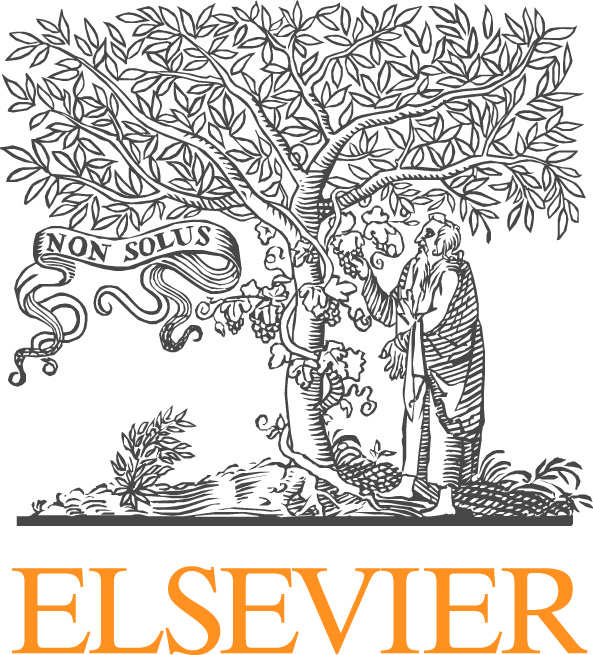
The "Materials Genome" Project: Accelerated and Large-Scale Materials Discovery through Computation
Abstract: Novel materials design has become a critical capability to address several urgent societal problems. The need for novel materials is the technological Achilles Heel of our strategy to address the energy and climate problem facing the world, and over-reliance on critical elements has inspired large efforts to develop accelerated materials design strategies. The Materials Genome Project, originally started at MIT (www.materialsproject.com), has as its objective to use high-throughput first principles computations on an unparalleled scale to provide basic materials property data on all known and many potential new inorganic compounds, thereby facilitating the search for new materials.
I will show successful examples of high-throughput calculations in the field of lithium batterier, and show several new materials that have been discovered. I will discuss the public release version of the Materials Genome project which is making large quantities of computed data freely available to the materials community. The Materials Project is rapidly growing as a large collaborative environment for computed materials data.
Biography: Gerbrand Ceder is a Professor of Materials Science and Engineering at the Massachusetts Institute of Technology. He received an engineering degree from the University of Leuven, Belgium, and a Ph.D. in Materials Science from the University of California at Berkeley in 1991. Dr. Ceder’s research interests lie in the computationally driven design of novel materials for energy generation and storage, including battery materials, thermoelectrics, photovoltaics, and photocatalysts. He has worked for 18 years in the Li-battery field, optimizing several new electrodes materials and has regularly served as scientific advisor to companies and investors in this area. He has published over 300 scientific papers, and holds several U.S. patents. He has served on MIT’s Energy Council as well as on several DOE committees, including the workgroup preparing the Basic Needs for Electrical Energy Storage report. He has received the MRS Gold Medal, the Battery Research Award from the Electrochemical Society for his work on understanding battery materials, the Career Award from the National Science Foundation, and the Robert Lansing Hardy Award from The Metals, Minerals and Materials Society, as well as several teaching awards at MIT. He is a co-founder of Computational Modeling Consultants, Pellion Technologies, and The Materials Project, which provides computed materials property data to the research community. His work on high-throughput computing was the inspiration of the Presidential Materials Genome Initiative.











